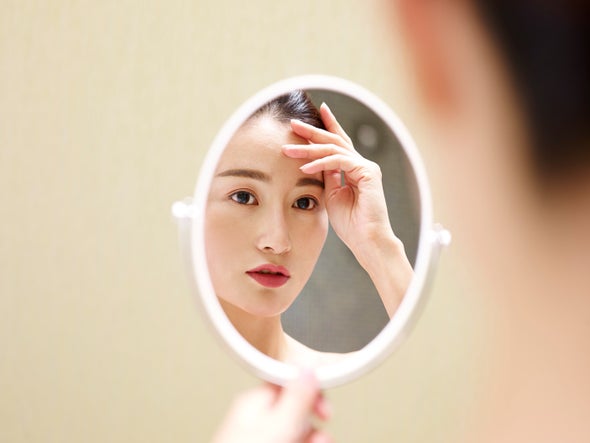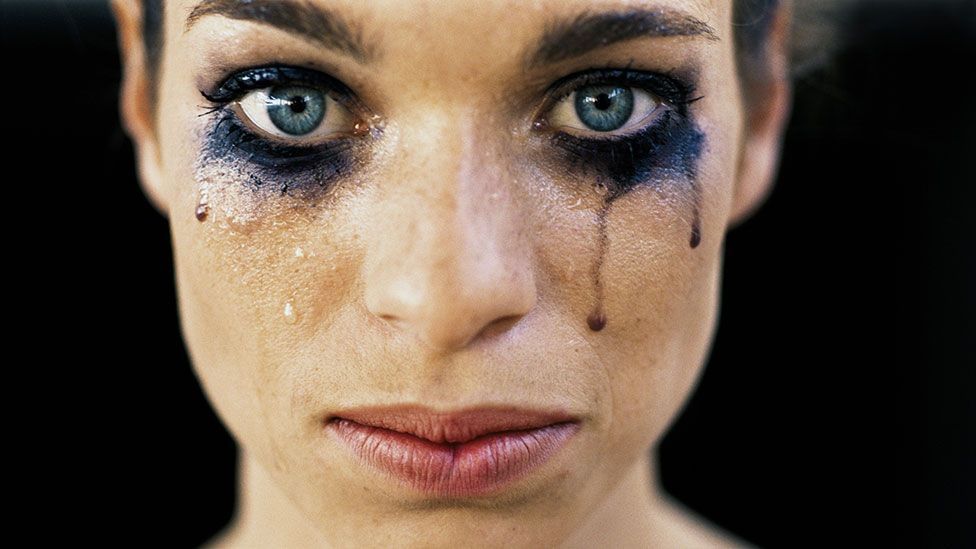How can I look more beautiful and sexy on social network sites from Turgut Can's blog
 How do you think you look? The answers to this question form our body perception. Body image is a mental representation that we create with our ideas about our body. This representation may or may not be about how we actually look.
How do you think you look? The answers to this question form our body perception. Body image is a mental representation that we create with our ideas about our body. This representation may or may not be about how we actually look.
Body image can be affected and deteriorated by the attitudes of the individual's parents, early life experiences, emotions and other factors. If we do a survey today and ask, "What do you think affects our body image the most?" What would you say if we asked you? I think the first answer most people would think of would be social media, specifically the app called Instagram.
While surfing social media during the day, we consume the images that are published continuously. Exposure to these images inevitably affects the way we perceive our own physical appearance, for better or worse.
“Only 7 minutes of Instagram use reduced body satisfaction in young women”
In a Northwestern University study of 300 young women, participants were randomly assigned to one of 3 experimental conditions. In the first condition, participants were asked to log into their Instagram accounts and navigate as they always use. Participants in the second condition were asked to log into their Facebook accounts and navigate as they always do. Participants in the last condition were also asked to play a determined game. All participants spent time in the determined application for 7 minutes. Participants completed mood and body image scales just before and immediately after these 7-minute activities. Participants using Instagram mostly look at other people's photos; Participants using Facebook spent more time reading/writing content and comments. As a result of the research, it was found that women who use Instagram think much more about their appearance than women in other conditions. Moreover, it was determined that the body satisfaction of women who used Instagram for 7 minutes decreased and these people reported more negative emotions. It has been reported that the body satisfaction of the participants who use Facebook and play games remains constant.
As it can be understood from the findings of the research above, looking at other people's photos causes us to compare our appearance with them and negatively affects our body image.
So what are the features of the photos posted on social media? Have you ever seen someone on Instagram who actually just got out of bed, with messy hair? Or a selfie of someone rushing home from work trying to get some food? On social media, people always share their best, happiest, or even idealized self. They choose to share the best parts of their lives with the world. But how realistic is it for us to be at our best and happiest every day? This is neither realistic nor healthy. The images that we see and compare ourselves to on social media do not actually reflect the whole life of those people, but only the specific and best moment.
Photoshop and filters used to make images better in posts shared on social media also negatively affect our body image. In order to get more likes and praise, people can edit their photos according to the popular trend of that period in a way that they are not actually.
People who do not have the body type determined by social media can also feel excluded when they see these manipulated photos, thinking that they only do not comply with this norm, that everyone but themselves looks like this. However, there is no such thing as an ideal body type. This is nothing but a hollow concept produced by social media. Every person's body type is unique, and no one is more "ideal" than the other.









































The Wall